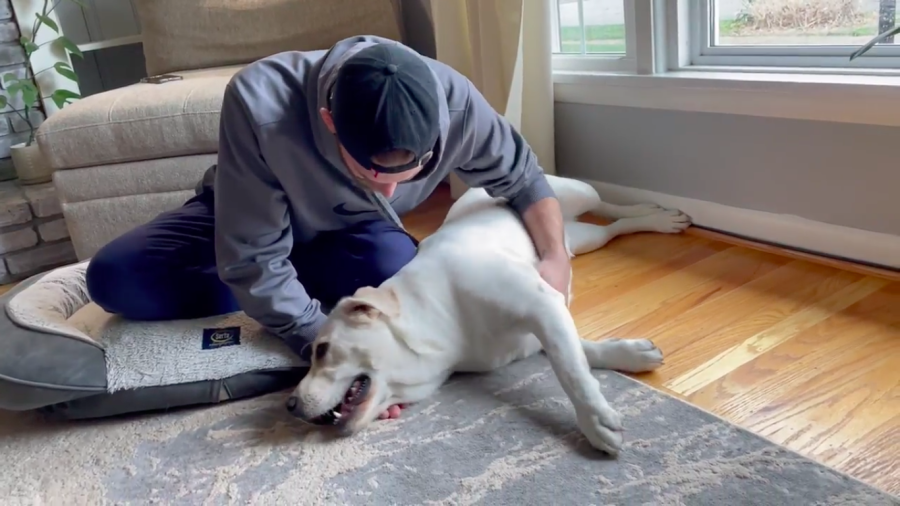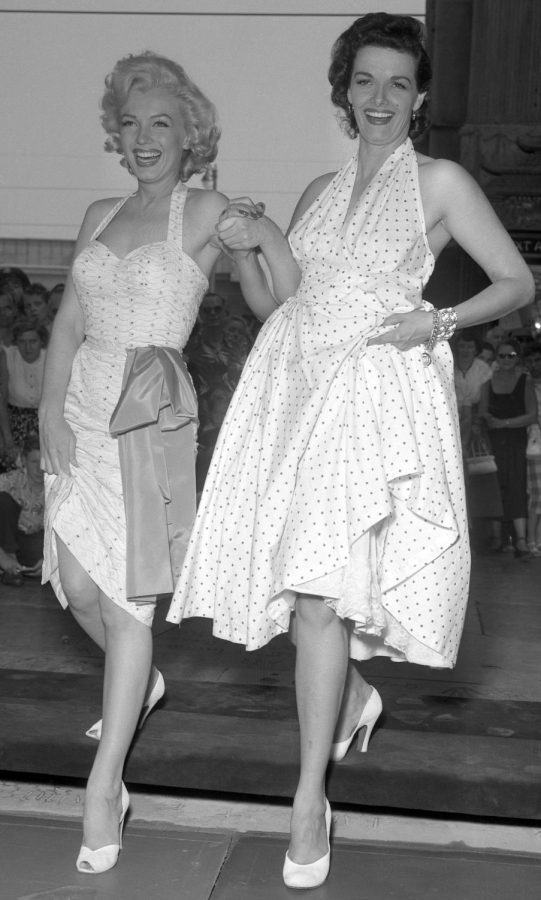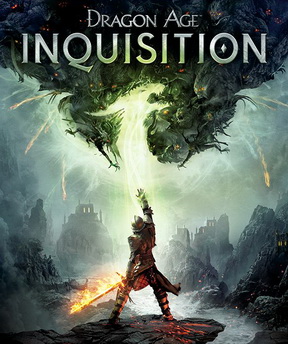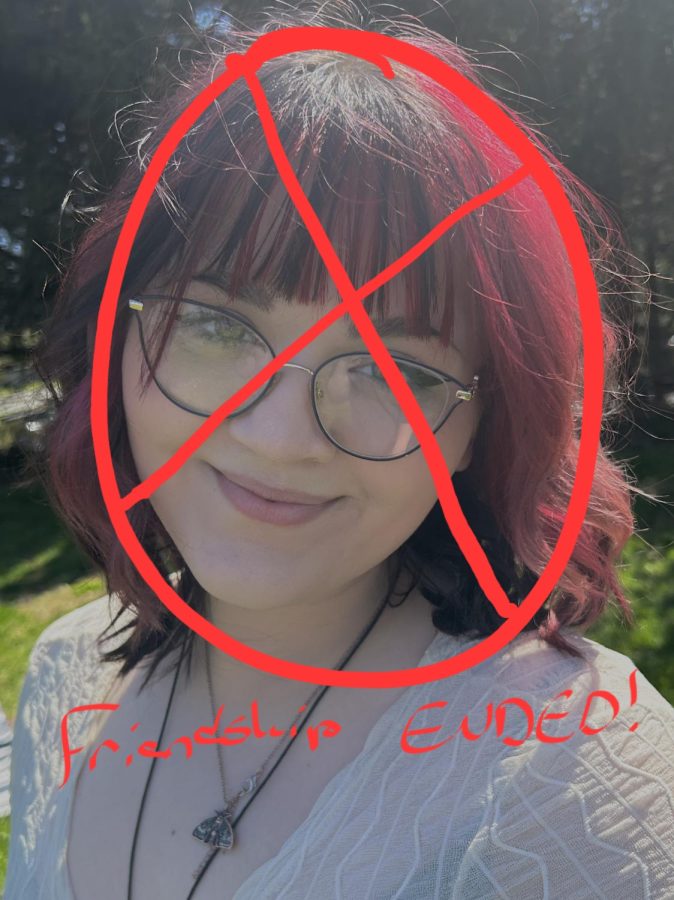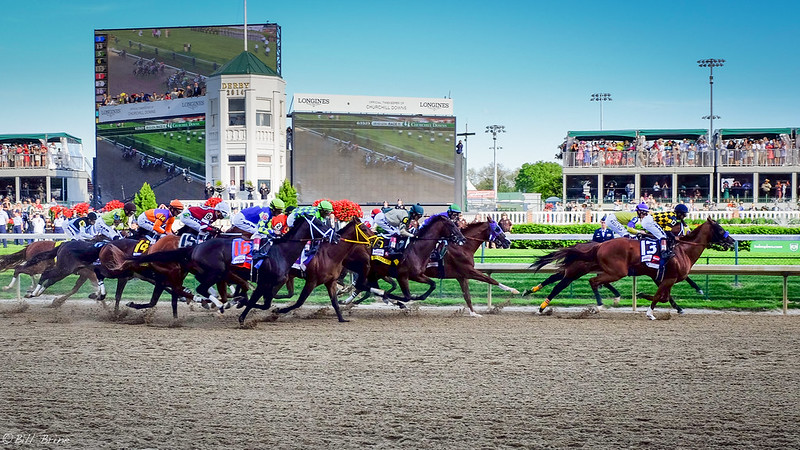 I have a 2-year-old son who loves TV. Ever since he was a baby, my son has loved to watch it — commercials mostly when he was younger — but now, he actually is old enough to watch for entertainment.
I have a 2-year-old son who loves TV. Ever since he was a baby, my son has loved to watch it — commercials mostly when he was younger — but now, he actually is old enough to watch for entertainment.
When my son turned 2 I began letting him watch children shows, mostly shows on PBS and a few select shows on Cartoon Network and Nickelodeon, like Spongebob Squarepants.
As he has grown to love some of these shows, I have come to like some, as well. Others I have only grown to tolerate.
However, there is one show in which I absolutely despise and will not allow my son to watch. I’m talking about “iCarly” and other “older children” shows on Disney and Nickelodeon.
I can’t believe these shows even exist because they are way too mature for children they are made for.
For example, I was flipping through the stations the other night and saw a boy and a girl on iCarly — a show on Nickelodeon which centers on middle-school children — kissing.
What kind of TV station can feel good about educating young children on mature issues like dating that they’re not ready for?
TV stations are so concerned about ratings that they throw morals out the window.
It isn’t so much of the type of shows on TV, rather, the fact parents of young children let their children watch shows like that.
Parents who have children between the ages of 2 to 11, in my opinion, shouldn’t let them watch these types of shows.
Even though these TV shows are advertised for these ages, it doesn’t mean they are fit to watch.
It’s shows like “Sesame Street” and “Sid the Science Kid,” both on PBS, that I can actually sit down and watch with my son.
My son loves singing along, and I’m glad to see my son has the same joy on his face that I had when I was his age to learn new things.
“Sesame Street” and “Sid the Science Kid” make learning fun for children and gives them an outlet like singing to express themselves.
My son has experienced some delays in speech, and since he has started watching “Sesame Street,” he’s been a lot more vocal and does new things every day.
“Sesame Street” has also allowed me to be a part of his life more.
When parents actually watch TV with their children, it gives something both can relate to, can help the parent understand how their child learns and allows for bonding time.
“Sesame Street” has tried throughout the years to incorporate actors and actresses on the show to try to encourage parents to watch with their child.
I think it has helped the show grow in popularity and bring parents to the sofa with their children.
“Sesame Street” has also proven to be a top educational tool.
After watching a 20th anniversary special behind the scenes look, I learned writers and producers of the show actually have a curriculum they use to make sure the right things are being taught on the show.
As a parent, it is comforting to know some educational programming is helping our youngsters grow into mature and intelligent adults.
Shows like “Sesame Street” and “Sid the Science Kid” wouldn’t be possible without contributions from “viewers like you.”
It’s parents, teachers and just every day citizens supporting the educational programming PBS provides children and adults.
I hope my son will appreciate the times we have spent on the couch together watching some of his favorite shows.
So parents, sit down and watch some educational TV with your children. You never know, you actually might learn something, too.
By AMANDA FRENCH
Features Editor
aafrench@imail.iu.edu

